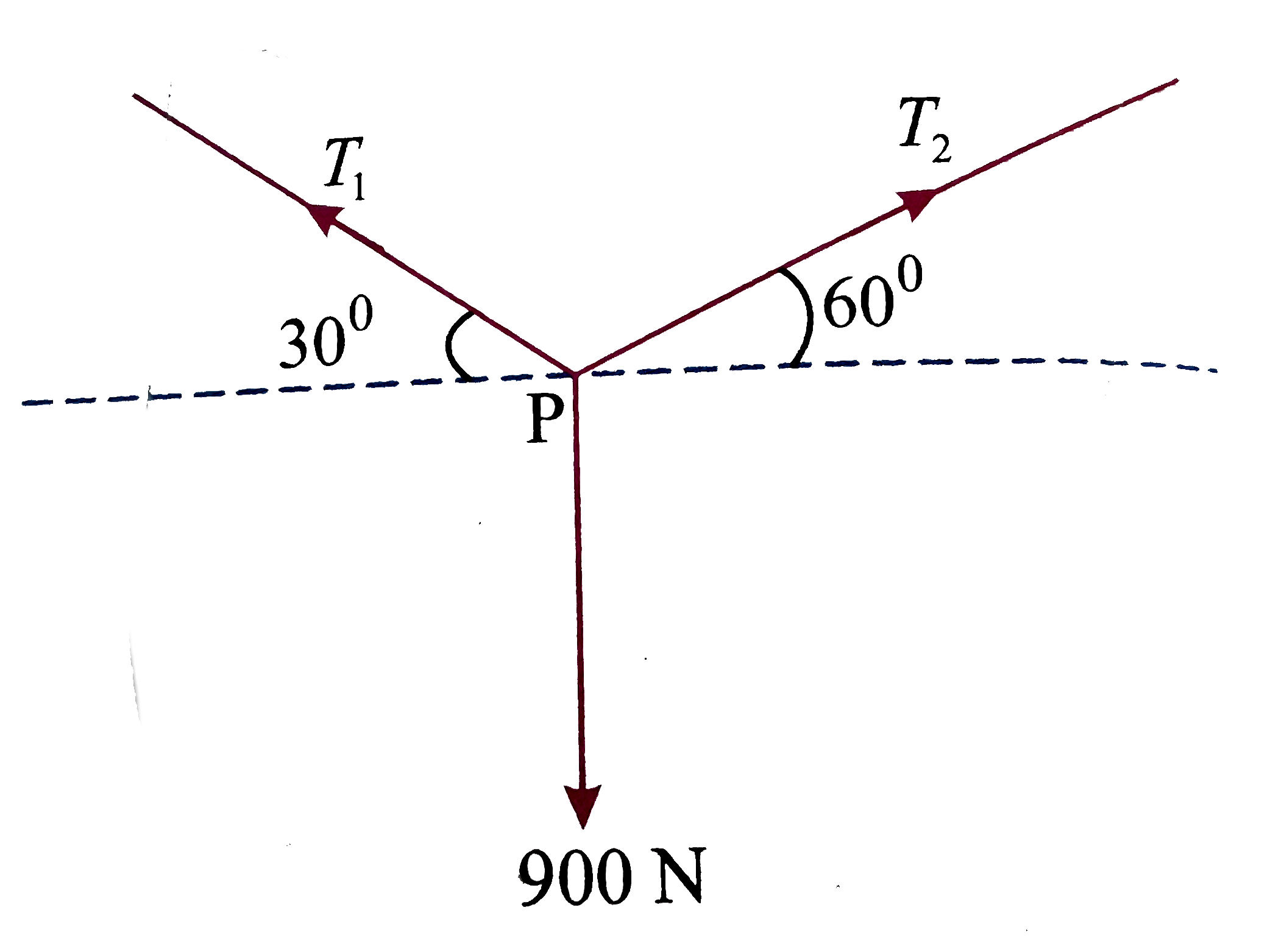If is the equilibrium constant at temperature is the equilibrium constant at temperature If and reaction is endothermic then
All of these
The correct Answer is:C
Step by step video, text & image solution for If K_1 is the equilibrium constant at temperature T_1 and K_2 is the equilibrium constant at temperature T_2 and If T_2 gt T_1 and reaction is endothermic then by Chemistry experts to help you in doubts & scoring excellent marks in Class 12 exams.
Updated on:21/07/2023Topper's Solved these Questions
- EQUILIBRIUMBOOK - AAKASH INSTITUTECHAPTER - EQUILIBRIUMEXERCISE - ASSIGNMENT (SECTION -A)
50 Videos
- EQUILIBRIUMBOOK - AAKASH INSTITUTECHAPTER - EQUILIBRIUMEXERCISE - ASSIGNMENT (SECTION -B)
35 Videos
- EQUILIBRIUMBOOK - AAKASH INSTITUTECHAPTER - EQUILIBRIUMEXERCISE - Assignment (SECTION-J) (AAKASH CHALLENGERS QUESTIONS)
6 Videos
- ENVIRONMENTAL CHEMISTRYBOOK - AAKASH INSTITUTECHAPTER - ENVIRONMENTAL CHEMISTRYEXERCISE - ASSIGNMENT (SECTION-D) (Assertion - Reason Type Questions)
5 Videos
- GENERAL PRINCIPLES AND PROCESSES OF ISOLATION OF ELEMENTSBOOK - AAKASH INSTITUTECHAPTER - GENERAL PRINCIPLES AND PROCESSES OF ISOLATION OF ELEMENTSEXERCISE - Assignment (Section-D) Assertion-Reason Type Question
15 Videos
Similar Questions
If K1= Rate constant at temperature T1 and k2 rate constant at temperature T2 for a first order reaction, then which of the following relation is correct ?
View SolutionVan't Hoff's equation for a chemical reaction under equilibrium is given by standard reaction enthalpy at temperature T and K is the equilibrium constant . Predict how K will vary with temperature for an exothermic
View Solution
Knowledge Check
For a given exothermic reaction , Kp and k'p are the equilibrium constants at temperatures T1 and T2 respectively. Assuming that heat of reaction is constant in temperature range reaction is constant in temperature range between T1andT2 , it is readily observed that
AKp>K'pBKp<K'pCKp=K'pDKp=1k'pFor a given exothermic reaction, KpandK′p are the equilibrium constants at temperatures T1andT2 respectively. Assuming that heat of reaction is constant in temperature range between T1andT2, it is readily water that
AKp>Kp'BKp<Kp'CKp=Kp'DKp=1Kp'For a given exothermic reaction , Kp and k'p are the equilibrium constants at temperatures T1 and T2 respectively. Assuming that heat of reaction is constant in temperature range between T1andT2 , it is readily observed that
AKp>Kp'BKp<K'pCKp=K'pDKp=1K'p
For a given exothermic reaction , Kp and k'p are the equilibrium constants at temperatures T1 and T2 respectively. Assuming that heat of reaction is constant in temperature range between T1andT2 , it is readily observed that
View SolutionIf P is in equilibrium then T1T2 is

View SolutionA rod of length l and cross sectional area A has a variable conductivity given by K=αT, where α is a positive constant T is temperatures in Kelvin. Two ends of the rod are maintained at temperatures T1 and T2(T1>T2). Heat current flowing through the rod will be
View SolutionFor an exothermic reaction, equilibrium constant at T1 and T2 are respectively K1 and K2 If K1<K2 then : -
View SolutionFor an exothermic reaction, equilibrium constant at T1 and T2 are respectively K1 and K2 If K1<K2 then : -
View Solution
